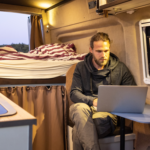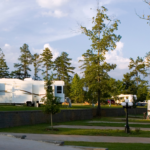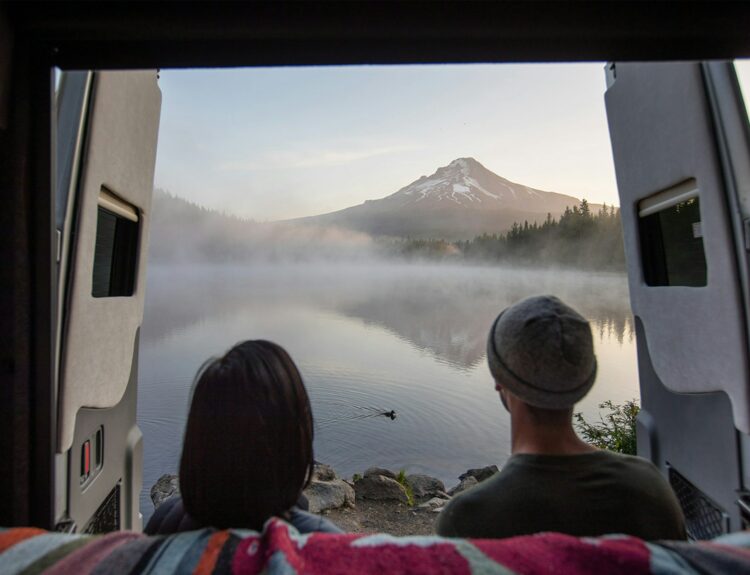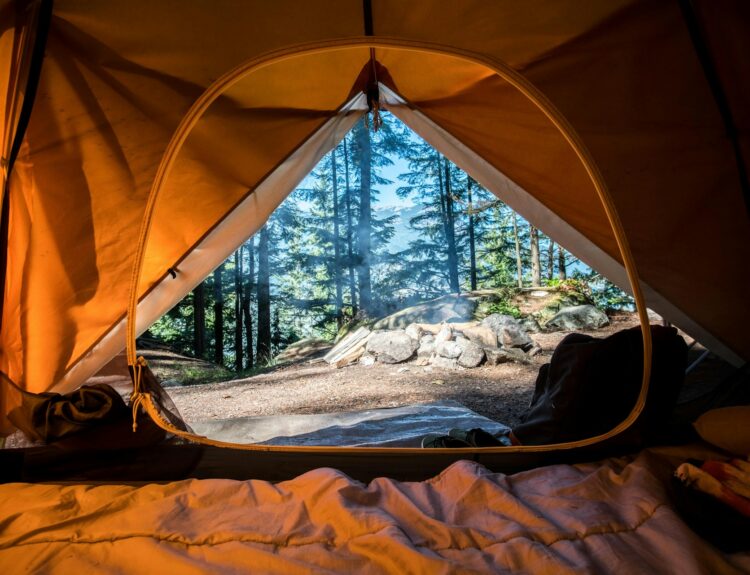The popularity of RV travel has reached record levels. More than 11 million American households now own a recreational vehicle, and millions of others rent RVs every year.
Over 40 million motorhome enthusiasts regularly hit the road in pursuit of freedom and fun as they leave the rat race behind and enjoy quality family time on their travels, creating memories to last a lifetime.
And thousands of RV campgrounds and RV-friendly state parks dotted around the nation offer ideal bases to explore a host of diverse locations.
RV traveling is less expensive than mainstream vacation accommodation but other costs, such as fuel and vehicle maintenance and insurance, can soon mount up.
Then there’s the upfront cost of buying your rig. RV rental can be more affordable for one-off short trips but you’ll still have the hire fees to consider.
With all this going on, it’s no surprise that many RVers look to cut the cost of their travels. The good news is that it’s possible to do this and still get the most from your RV.
In this post, you can find top tips on budget-friendly RV travel and how to spread the cost of your trips with financing, even if you have bad credit.
Find a Budget RV
The first step to budget-friendly RV travel is finding an affordable RV.
Do you really need a huge, state-of-the-art, gas-guzzling rig? A small campervan or pop-up camper may meet your needs just as well and at a much lower cost.
Buying an older RV that’s been well looked after can also be a good investment, and you may be able to find the best deal if you widen your search.
And buying – or renting – an RV during the off season will almost always lower the price.
Shop Around for Gas
Whether you own or rent an RV, the cost of fuel is going to be major consideration when planning a budget trip.
RVs are notorious for eating up gas. With many RV gas tanks holding up to 150 gallons, you can save some serious money by making the effort to find cheaper fuel.
Various free phone apps and websites allow you to search all gas prices in any geographical area you happen to find yourself in.
Plan Your Journey
While spontaneity is one of the key benefits of RV travel, overdoing it can end up costing you a lot of extra money.
You can avoid this by planning your RV travels ahead of time instead of making last-minute decisions and zigzagging randomly from place to place.
- Ways to cut costs include:
- Spend more time at each campsite so you use less fuel.
- If you’re towing a car, use it for day trips while leaving the RV parked.
- Use GPS to avoid getting lost.
Look for Discount RV Camping Deals
You can save money on every trip with a discount RV camping loyalty or membership program.
Discount RV parking is often on offer throughout the year at campgrounds and national parks. And many travel clubs and RV communities offer discounts, deals, and point systems.
There are also online platforms such as RoverPass that offer RVers a cheaper way to find parking.
Consider Occasional Boondocking
Boondocking on an RV trip doesn’t offer the comfort and other benefits of an RV park.
You probably won’t want to go boondocking – dry camping – for an entire trip, but it provides a budget-friendly possibility you can take advantage of from time to time. And it’s usually free.
Boondocking RV options include one-night stays in a rest stop or parking lot or longer stays on National Forest Service or Bureau of Land Management property.
Cook Your Way to a Cheaper RV Trip
When you have your own kitchen right there in your RV, eating out while on the road is an expense you can easily eliminate or reduce.
Space may be limited in your rig’s kitchen but there are simple ways to cook in an RV and come up with some tasty treats. You’re likely to get better results if you think ahead when planning meals and stock up on ingredients that can easily be thrown together.
Take pantry staples from home such as rice and flour with you, and don’t forget snacks such as sandwiches and fruits for when you’re getting from one campsite to the next.
Rent Out Your RV
You can cover costs and even make a little extra money by hiring out your rig to other RV enthusiasts when you’re not using it.
How much you can charge will depend on factors such as the size, style and age of your RV, its condition, and on-board amenities.
How to Spread the Cost of RV Travel if You Have Bad Credit
Travel loans can be used to finance any type of vacation, including RV road trips.
If you have a low credit rating, getting a loan to spread the cost of your RV travels can be difficult. But it’s not impossible, thanks to bad-credit travel loans.
Bad credit refers to a low credit score, which lenders regard as a greater risk of not getting their money back. However, some lenders are prepared to offer travel loans to individuals with bad credit.
This may lower your credit score temporarily but can improve your credit ranking in the future as long as you make repayments on time and in full.
And there are ways to improve your credit score to widen your access to travel financing for future RV trips.
Living the Dream on the Road to Freedom
More and more Americans are living the dream by taking to the road in RV homes-on-wheels to see the sights of the nation without sacrificing home comforts.
The RV experience and the thrill and freedom of exploration embraces a lifestyle that transcends traditional ways of traveling.
And you can always spread the cost of a big road trip with the help of financing, even if you have a low credit score.






